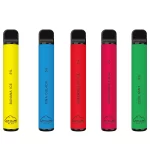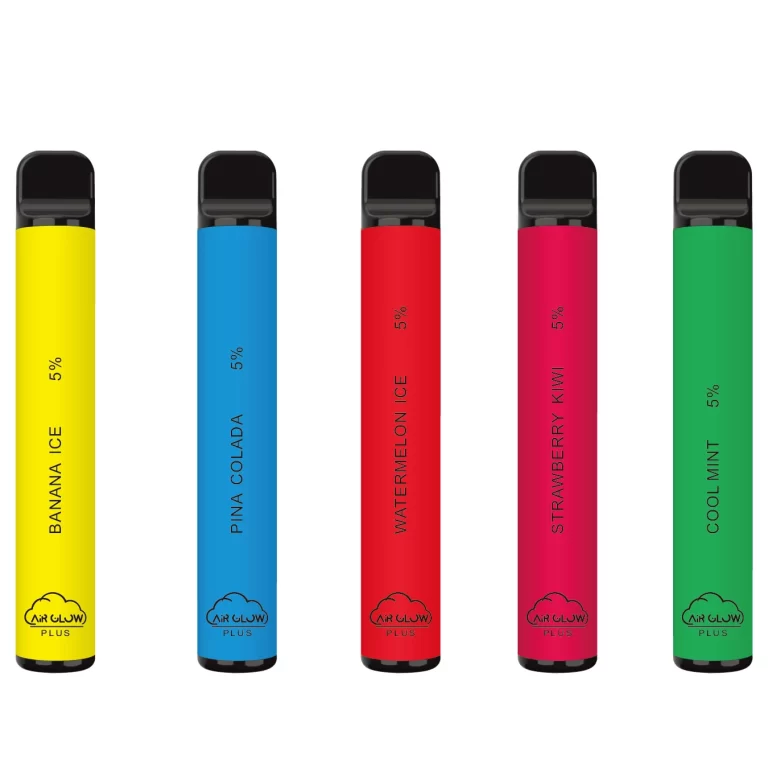Reuse is a crucial aspect of the recycling process, comprising the disposition of goods or materials and their reintroduction into the supply chain. Reuse is a phase in the sustainable management of resources, and it frequently begins with the notion of “reuse.” Close the Loop is affordable and environmentally friendly. They have the potential for extensive reuse and are crucial to the overall recycling process, which is advantageous for the economy and the environment.
Extending product lifespan through reuse: Minimizing environmental impact
Reuse, the first step in recycling, can increase the reusable life of goods or materials. Reusing objects enables us to maximize their utility and decreases the quantity of garbage sent to landfills by preventing us from throwing them away as soon as they are no longer required. They save resources and energy by giving used objects a second chance at life instead of throwing them away and buying new ones.
Economic gains of reuse: Sustainability meets affordability and growth
Not only is reuse good for the environment, but it’s also profitable. Repurposing or refurbishing items can save production costs by a substantial amount. This cost reduction is essential for businesses and individuals since it might lead to savings and better affordability. A healthy market for products reused can likewise encourage economic growth.
Supply chain integration for sustainable product reuse and recycling
Reuse methods must seamlessly reintegrate items into the supply chain to be successful. Also, this calls for the collection, restoration, and redistribution of used goods. Companies engaging in this process are essential in decreasing waste and developing a circular economy, whether refurbishing gadgets or reusing textiles.

Environmental gains: Reuse reduces carbon emissions and resource consumption
The advantages of reuse for the environment are significant. Reusing things lowers the energy demand, and raw materials lower carbon emissions and environmental damage. Reusing objects reduces the energy-intensive procedures to new products by reducing the environmental impact.
Job creation through reuse: Boosting local economies and sustainability
There may be career prospects in the reuse sector. It necessitates qualified workers for tasks such as:
- Maintenance
- Remodeling
- Quality control
This employment development supports regional economies and encourages sustainability on a social and environmental level.
Reuse culture promotion fosters sensible consumer behavior. When individuals understand the benefits of recycling, they make more thoughtful purchases, selecting high-quality items with the potential for extended lifespans.
Reuse is a sustainable strategy that reduces waste and benefits, such as:
- Economy
- Environment
- Society
It involves reintroducing old goods into the supply chain, easing resource burdens, fostering job opportunities, and encouraging environmentally friendly consumer behavior. This win-win situation accelerates the transition to a circular economy, and everyone should strive to reduce waste and protect resources for future generations.





















+ There are no comments
Add yours